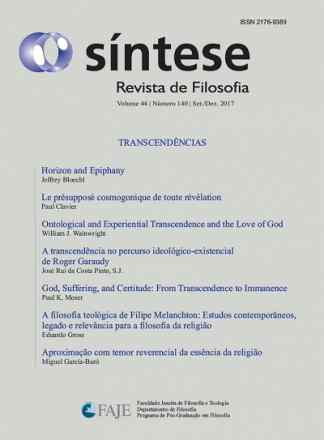DAVID HUME E O “NÚMERO DE DUNBAR”: UMA HIPÓTESE EVOLUCIONISTA SOBRE OS FUNDAMENTOS DA MORALIDADE
Síntese
DAVID HUME E O “NÚMERO DE DUNBAR”: UMA HIPÓTESE EVOLUCIONISTA SOBRE OS FUNDAMENTOS DA MORALIDADE
Autor Correspondente: Suporte Periódicos | [email protected]
Palavras-chave: David Hume. Número de Dunbar. Justiça. Evolução. Sentimentos morais
Resumos Cadastrados
Resumo Português:
O objetivo deste artigo é caracterizar o conceito de justiça como uma convenção social indispensável para a emergência de obrigações morais no contexto de grupos que ultrapassam o “numero de Dunbar”. O artigo retoma, por um lado, a teoria da justiça proposta por David Hume na terceira seção de Uma Investigação sobre os Princípios da Moral, e, por outro lado, a hipótese de Robin Dunbar acerca do número máximo de indivíduos com os quais uma pessoa pode manter relações sociais estáveis que envolvam laços de amizade, vínculos de família, e histórias pessoais compartilhadas.
Resumo Inglês:
The aim of this article is to characterize the concept of justice as na indispensable social convention for the emergence of moral duties in the contexto of groups that surpass the so-called “Dunbar’s number”. The article resumes, on the one hand, David Hume’s theory of justice, as it is discussed in the third section of An Enquiry Concerning the Principles of Morals, and on the other hand it resumes Robin Dunbar’s hypothesis relative to the maximum number of individuals with whom a person may keep stable social relationships that comprise kinship, fellowship, and a sense of shared personal histories.

